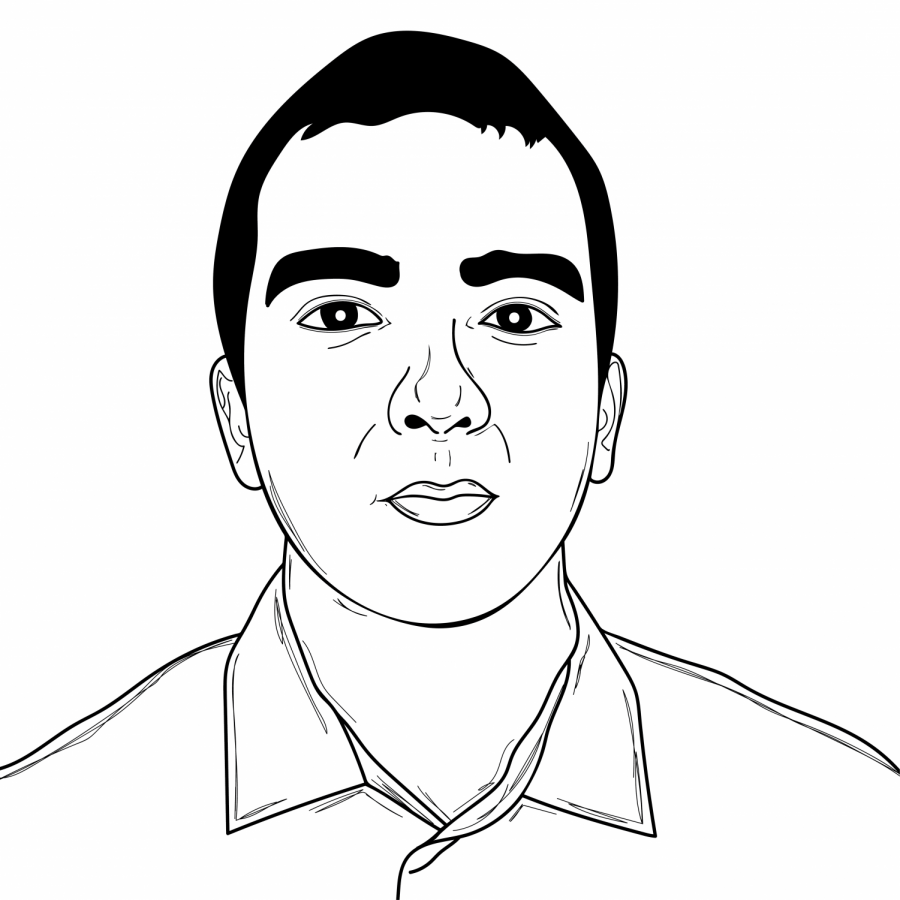It has now been 10 months and a day since Minneapolis seemingly turned upside down when now-former Minneapolis police officer Derek Chauvin knelt on George Floyd’s neck. Floyd died later that same day on May 25. Floyd’s death, a bystander video and an eruption of protests and riots made Minneapolis the epicenter of the Black Lives Matter movement — not just in Minnesota or the United States, but on an international scale.
Just four days (but seemingly an eternity) later, Chauvin was arrested and charged with third-degree murder and second-degree manslaughter. Since then, second-degree murder has been added; third-degree murder has been both removed and subsequently re-added. Details on the three charges can be seen here.
In the summer of 2020, protests demanding social and racial justice, the end of police brutality, systemic racism and more erupted across the United States. NBA players, among others, began taking a knee during the playing of the national anthem. Statistics have shown that the Black Lives Matter movement following George Floyd’s killing may be the largest protest movement in United States history.
With jury selection now complete and opening statements beginning Monday, all eyes will remain on Minneapolis for the next month, possibly months.
It’s fair to say this case is incredibly important. I imagine it will be one of the most high-profile cases in Minnesota’s history, next to the Jacob Wetterling abduction in 1989. State vs. Chauvin is the first criminal trial in the state to be livestreamed, putting it in a national spotlight reminiscent of the O.J. Simpson murder trial. As the world tunes in to the trial, I have a bad feeling that many Minnesota high schools will tune it out, avoiding the discussion altogether. I hope they prove me wrong.
If we aren’t talking about the largest movement in the United States’ history — sparked by potentially the highest-profile case ever in Minnesota — in Minnesota high schools, what are we doing?
Teenagers have long complained that what they are taught in high school is not important or relevant. While in high school, I heard my fair share of people griping as they learned geometry, precalculus, the difference between “who” and “whom,” or that the mitochondria is the powerhouse of the cell. Looking back, they might have had a point. After high school, I know all of those things have minimal value for most people. In a healthy democracy, however, having engaged, productive, knowledgeable citizens and voters are not just important; it is essential.
Public schools are the bedrock of our democracy. They educate our young people into productive citizens, voters, and future jury members. Without public schools that foster civil discussion and develop well-informed, well-read, politically active citizens, our democracy cannot sustain. Over the last few decades, our public schools have become more scared than ever to moderate civil discussions on controversial topics. This avoidance of discussion on tough issues — racism, gun control, abortion, police brutality, you name it — has undoubtedly contributed to our increasingly polarized political climate. Any marriage counselor would agree with that premise.
As a citizen and former public high school student, I worry that our public schools will shy away from discussing the most high-profile case in the nation today and quite possibly the most high-profile case in our state’s history.
I’m a man of many quotes, but one in particular, attributed to Mark Twain, seems to be especially important right now. It needs to be heard by high school administrators, teachers, and students alike: “Don’t let your schooling get in the way of your education.”
I understand that math, English, science, etc., have their place in the public school system. But this moment in time, these next four weeks, are bigger than that. Instead of focusing on schooling, we need at least some focus diverted to education. To teachers: It doesn’t matter if you technically teach science, English, math, music, you name it — find time to discuss this trial. Even better, livestream it during class. This trial is too big, too important to only be discussed in social studies classes. I’m not a teacher (yet!), so I’m not going to act like I know exactly how this conversation needs to happen, but it needs to happen.
Again, don’t let your schooling get in the way of your education.
Not only should teachers and administrators alike want civil discussion of the Chauvin trial in the high school classroom, I argue that they are failing to do their jobs if they don’t.
So, high school students, send this column to your teachers. Teachers, send this column to your fellow teachers and your administrators. Administrators, send this column back to your teachers — not just with an endorsement to discuss this trial in class, but with the expectation that they will do so.
Because, as the quote often attributed to Martin Luther King, Jr. goes, “Our lives begin to end the day we become silent about things that matter.”














